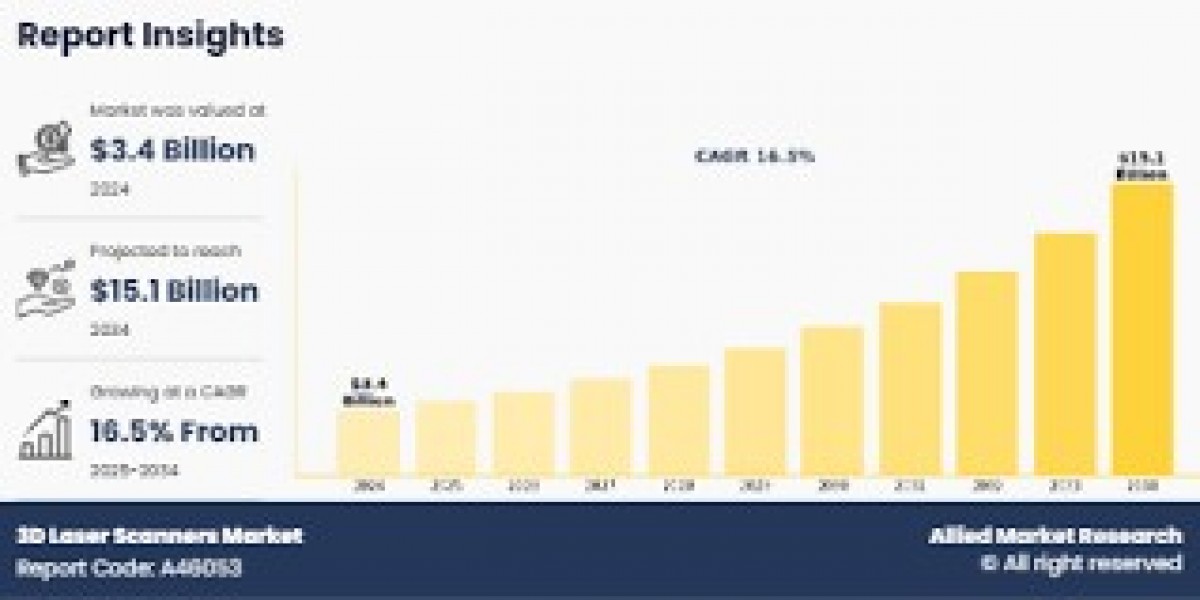Distributed Fiber Optic Sensors (DFOS) are revolutionizing the way industries monitor temperature, strain, and acoustic signals across large-scale infrastructures. These sensors offer high sensitivity, real-time monitoring, and immunity to electromagnetic interference, making them ideal for applications ranging from oil & gas pipelines to smart grids and structural health monitoring.
In 2024, the DFOS market is estimated to be valued at USD 1.25 Billion, and is projected to grow to USD 2.34 Billion by 2032, showcasing a compound annual growth rate (CAGR) of 8.2% during the forecast period.
? Key Market Drivers
Rising demand in Oil & Gas Sector
DFOS systems are widely used in upstream and midstream operations to detect pipeline leaks, ground movement, and pressure changes in real time.Infrastructure and Civil Engineering Monitoring
These sensors are deployed for structural health monitoring in bridges, tunnels, dams, and skyscrapers, supporting predictive maintenance and long-term safety.Security and Perimeter Intrusion Detection
Distributed acoustic sensing (DAS), a DFOS subtype, is being rapidly adopted by military bases, airports, and data centers for intrusion detection over long distances.Increased Investment in Smart Grids and Utilities
With growing grid complexity, DFOS enables better asset management and fault detection in underground and overhead power lines.Advantages Over Traditional Sensors
DFOS offers continuous monitoring over several kilometers, high reliability, and no need for power at sensing points, reducing maintenance and operational costs.
? Market Segmentation
By Type:
Distributed Temperature Sensing (DTS)
Distributed Acoustic Sensing (DAS)
Distributed Strain Sensing (DSS)
By Technology:
Rayleigh Scattering
Brillouin Scattering
Raman Scattering
Interferometric Sensing
By Application:
Oil & Gas
Civil Engineering
Power and Utility
Transportation
Military and Aerospace
Environmental Monitoring
Mining
By Region:
North America: High adoption in oilfield and military sectors
Europe: Advanced civil infrastructure and railway applications
Asia Pacific: Rapid growth due to urbanization, energy infrastructure, and smart city initiatives
South America & MEA: Growing pipeline and mining applications
? Key Companies Profiled
Schlumberger Limited
Halliburton
Bandweaver Technologies
Fotech Solutions (BP)
Omnisens SA
AP Sensing GmbH
QinetiQ Group plc
OptaSense (Luna Innovations)
NEC Corporation
Silixa Ltd.
OFS Fitel, LLC
Brugg Kabel AG
Hifi Engineering Inc.
? Market Opportunities
1. Expanding Adoption in Smart Cities
Integration of DFOS in urban development for transportation, infrastructure, and safety monitoring.2. Growing Military and Border Surveillance Demand
Real-time distributed acoustic sensing is gaining traction for perimeter security and anti-tunneling measures.3. Integration with IoT and AI
Combining fiber optic sensors with AI-based data analytics for predictive maintenance and anomaly detection.4. Renewable Energy Monitoring
DFOS helps track conditions in offshore wind farms, solar arrays, and hydroelectric dams.5. Innovations in Sensing Technology
Advancements in miniaturization, multiplexing, and signal processing are pushing market scalability and cost-efficiency.
? Market Forecast (2024–2032)
| Year | Market Size (USD Billion) |
|---|---|
| 2023 | 1.18 |
| 2024 | 1.25 |
| 2028 | 1.75 |
| 2032 | 2.34 |
? Conclusion
The Distributed Fiber Optic Sensor Market is entering a robust growth phase as industries increasingly prioritize real-time data, operational safety, and predictive intelligence. With strong use cases in energy, infrastructure, defense, and smart cities, and a projected CAGR of 8.2% through 2032, DFOS technology is well-positioned as a core pillar in the future of sensing.
Read More
| 802 15 4 Chipset Market |
| Hazardous Location Led Lighting Market |
| Hvac Sensor Market |
| Laser Transmitter Market |
| Hazardous Lighting Market |
| Magnetic Proximity Sensors Market |








